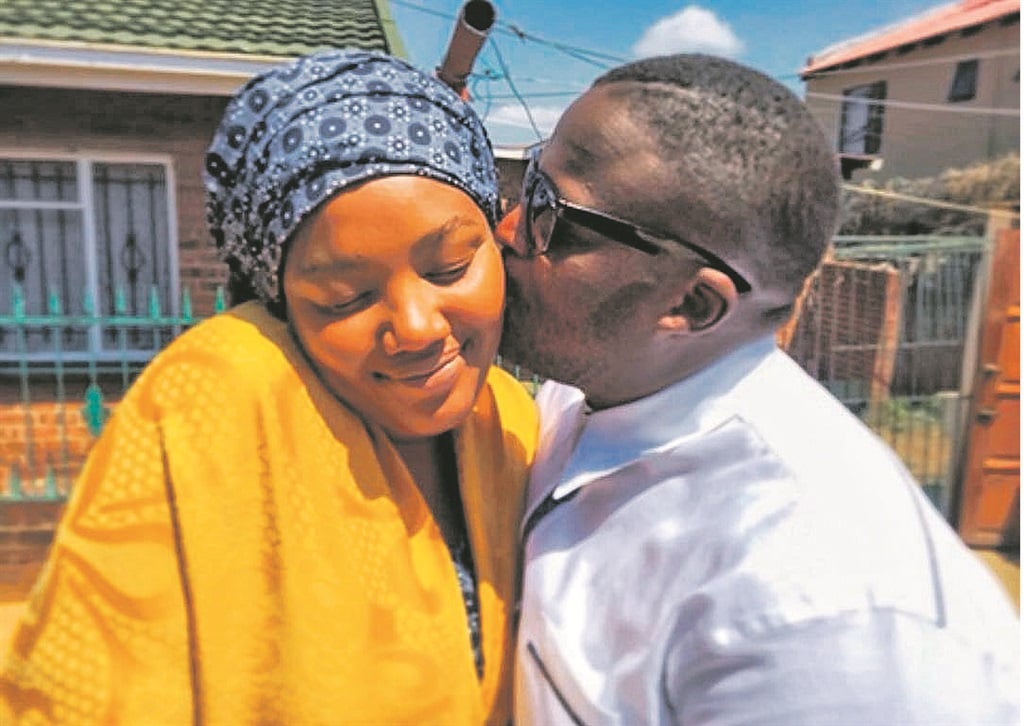
The decision by the court in the case involving the late rapper HHP, which agreed that the handover of a bride is no longer a requirement for a valid customary marriage, has caused debate among many.
Questions have been raised about the consistency of our courts in making decisions related to customary marriages, hence the need to provide clarity.
Jabulani Tsambo’s death led to a dispute between his family and Lerato Sengadi over access to his assets and whether they were actually married.
Family of the rapper – known to his fans as HHP – denied Sengadi was his wife and banned her from his funeral.
In response Sengadi applied for an urgent court interdict asking the Johannesburg High Court to declare the customary marriage she entered into with HHP valid, in line with section 3 of the Recognition of Customary Marriages Act and to declare her his customary law wife.
The court had to determine whether a valid customary marriage between Sengadi and HHP existed.
To find the answer, the court had recourse to the act, previous cases and an authority on customary law.
The act says for a customary marriage to be valid the prospective spouses must be above the age of 18 and consent to marry each other under customary law, and the marriage must be negotiated and entered into or celebrated in accordance with customary law.
In this case it was the court’s contention that only these three provisions were relevant for the existence of a valid customary marriage and it was correct.
But the requirement that a marriage must be negotiated and entered into or celebrated in accordance with customary law has proved to be a challenge to interpret.
If one takes into account the various ethnic groups in the country, each with its own culture, customs and practices, the courts have often had to seek guidance outside the act for help.
To clarify this matter sufficiently it is important to unpack the Southon/Moropane case, to which the court referred when it came to its conclusion about what negotiating and entering or celebrating a customary marriage meant.
The Southon/Moropane matter was similar to the HHP case in that the woman had instituted proceedings for an order declaring she was a customary law wife.
The only difference between the two cases was that, in the Southon/Moropane case, the husband was the one denying the existence of the marriage, whereas in the HHP case, it was the deceased’s family denying it.
In coming to its decision in the Southon/Moropane case, the court relied on expert testimony to the effect that the essentials for a customary marriage included sending a delegation to the woman’s home, lobola being negotiated and agreed upon, slaughtering a beast, celebrating the union and handing over of the bride to the groom’s family.
The experts agreed that the “crucial element of handing over the bride by her family to her new family”, was the “most important and final step in the chain of events and happens in the presence of both the bride’s and groom’s families”.
It was their understanding that in the absence of these important steps a customary union could not be concluded.
Giving judgment, the court indicated that, in its view, all the requirements of a customary marriage, including handing over the bride, were observed and, accordingly, a customary marriage had been concluded.
The defendant [Moropane] appealed to the Supreme Court of Appeal, which acknowledged the three requirements for the validity of a customary marriage.
It said the legislature did not consider it necessary to define what it meant when it said that a customary marriage must be negotiated and entered into or celebrated in accordance with customary law, because customary law was as diverse as the number of ethnic groups and also tended to change over time.
The court found that this capacity to change made it necessary to investigate the customs, cultures, rituals and usages of particular ethnic groups to determine whether a marriage was negotiated and concluded in terms of customary law.
On consideration of the evidence before it, it found that it was through the symbolic customary practice of handing over the bride that she would be finally welcomed and integrated into the groom’s family, which then became her new family.
It found the cultural ritual of handover was essential and deeply embedded in the institution of customary marriage.
In short, the court confirmed that handing over the bride to the groom’s family was an essential requirement in concluding a valid customary marriage.
Taking into account the principle that a decision by a higher court sets a precedent for lower courts to follow, it stands to reason that handing over the bride is still a necessity for the validity of a customary marriage as outlined by the Supreme Court of Appeal.
. Mabapa is an attorney at Keneilwe Mabapa Incorporated and the author of Before, During and After the Wedding, which explains the legal implications of marriage
TALK TO US
Do you believe that handing over the wife to her husband’s family is crucial to customary marriage?
SMS us on 35697 using the keyword BRIDE and tell us what you think. Please include your name and province. SMSes cost R1.50. By participating, you agree to receive occasional marketing material




 Publications
Publications
 Partners
Partners








